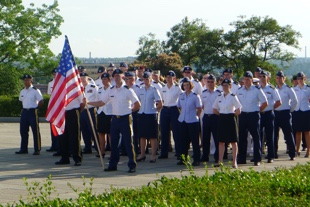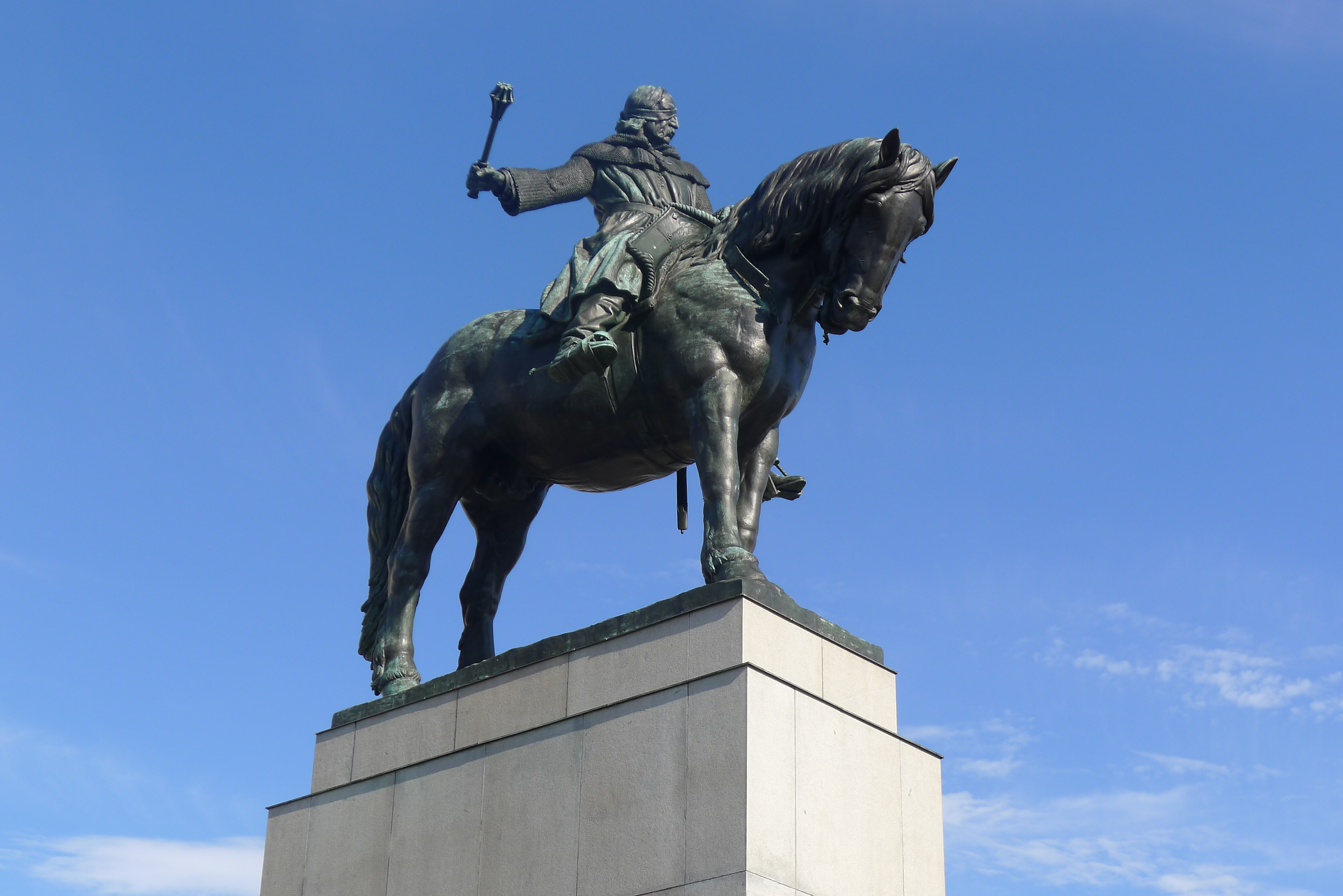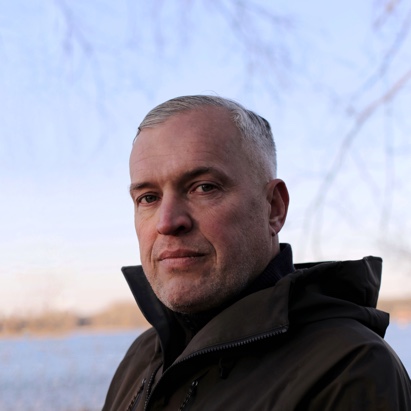Lecture Survival Medicine, Summer Congress CIOMR, Hotel International, Prague, Czech Republic
The connection between military and survival medicine
On Wednesday morning July 27, I left the beautiful Spa Hotel Pac Stanisów/Schloss Stonsdorf and started a steep ascend up to the Czech border near Sněžka/ Schneekoppe (+1603 metres). My first time here was in February 2015, when I was doing the Wim Hof instructor Ice training. It was an intensive journey, hours on end I pedalled my heavily loaded bike upwards over small, stony pathways. Once at the summit the weather changed and it started to rain. The twisting path down through the forest was a welcome change, and in some parts I managed to reach speeds of over 55 km/hr. I was finally making some headway.
Sudetenland
The road continued ever downwards and I was making good time. Only 180 km remained between me and Prague, the capital of the Czech Republic. The countryside was hilly and had a quaint and nostalgic atmosphere with old farm houses, flowing streams, out-of-use water mills, abandoned factories, forests full of rustling trees and almost no human activity to be seen.
Storm
After setting up my bivouac that first day, it started raining hard and it became very windy. The rain came pouring down all night long. The next morning it cleared up and I set off again in a good mood. However, in the afternoon the clouds started gathering and I was forced to take shelter again. I found a spot in a damp forest, adjacent to a field. Again I had made camp just in time before the downpour started. I took shelter under my tarp, and while lying on my coat I was able to enjoy the quiet of the forest and the patter of rain all about me. It was certainly still too earlier for me to settle in my hammock for the night.
Improvisation
About five km before the village of Troskovic/Troskowitz there was a break in the road. There was a sign at the start of the road which indicated the road was closed for all traffic. A sign I had ignored as these signs are usually meant for motorized traffic and seldom for bicycles. However, this time I was wrong; Road workers were busy with heavy machinery and told me there was no way for me to pass. I decided to have a look, and indeed, the road was completely dug up, the difference in height as well as the steep sides made it impossible to continue cycling.
I was not keen to make a substantial detour covering many extra kilometres. A few hundred metres back I had seen a rocky slope which looked fairly climbable. I had a better look, it was steep, but if I was careful and patient I thought I would be able to get up to a path at the top which was parallel to the road. I climbed back down and took the bags off of my bicycle and one by one carried them up to the path. Then, partially dragging, partially lifting my bike, I managed to climb the slope and bring it up to the path as well. I repacked my bike and sweaty but pleased, continued on my journey. There is nothing that I like better than improvising and finding solutions en route.
Prague
On Saturday morning July 29, I was cycling along the Vltava river into downtown Prague. It was very warm and the sun was very strong. With bicycle in hand I walked amongst numerous tourists over the cobblestones up to the Lindner Hotel, which is situated in Strahov quarters, a UNESCO heritage site which includes a monastery and castle. A luxury room with air conditioning was booked for me there by the German Major Nils Drews, chairman of the CIOMR Scientific Committee.
CIOMR
On Tuesday afternoon the 1st of August, I held my lecture on Survival Medicine for a group of medical officers. I developed this expertise over a number of years. I do not pretend to know everything on the topic, yet I have explored and applied various aspects throughout my career. It takes a lot for a person to provide emergency medical aid in mountainous areas or in a wetland; remote areas far away from medical facilities with no reception.
Which tools can you provide, which methods and skills can be further developed for military doctors and paramedics, both in war situations and times of large-scale humanitarian crises and aid relief situations.
What can you do when critical infrastructure fails, you can’t contact commanding officers and you must rely on your own unit?
By making a number of statements and asking some questions, I created an open and dynamic platform which allowed for discussions and conversation to flow.
Military and survival medicine
On Tuesday afternoon the 1st of August, I held my lecture on Survival Medicine for a group of medical officers. I developed this expertise over a number of years. I do not pretend to know everything on the topic, yet I have explored and applied various aspects throughout my career. It takes a lot for a person to provide emergency medical aid in mountainous areas or in a wetland; remote areas far away from medical facilities with no reception.
Which tools can you provide, which methods and skills can be further developed for military doctors and paramedics, both in war situations and times of large-scale humanitarian crises and aid relief situations.
What can you do when critical infrastructure fails, you can’t contact commanding officers and you must rely on your own unit?
By making a number of statements and asking some questions, I created an open and dynamic platform which allowed for discussions and conversation to flow.
Tactical and burst breathing
Later in the day, with support of the organisation, I held another workshop on tactical and burst breathing. I let a group of officers experience what exposure to cold does to your system as well as your breathing. This is especially important in military operations and in cold weather situations and will enable you to increase your alertness, allowing you to better withstand the effects of cold. Because of the hot weather outside (+32 °C) the ice in the inflatable pool outside melted too quickly and so the water never reach sub-zero temperature. Nonetheless, the effect of the cold could still be experienced.
AVANTO
For a select group of officers I held a screening of the unfinished version of my movie ‘AVANTO, Winter Swimming, Survival and the Art of Living’. The official premiere of the movie will be in the winter of 2017/2018.
Officers from various countries were very interested in my approach and method.
Where this will lead to, I do not know, but I do know that new avenues have opened
The following days I attended lectures of a number of other experts and during the informal gatherings between lectures, inspirational discussions often took place.
Departure
A few days prior my departure, I went to the Central Station in Prague to book my journey to Vilnius, Lithuania. However it appeared this was not possible. I was able to take my bicycle to Warsaw, but after that it could not be guaranteed. Also, I would have a 20-hour wait at Warsaw station which was not very appealing to me.
The lady at the ticket booth suggested I take the train to Gdánsk/Danzig in northeast Poland, former East Prussia. It would be no problem to take my bicycle there. It is a plan I had long had, but had rejected as I assumed it would not be possible due to the distance and the little time available to me. Despite the fact that it was summertime, when many citizens travel from Warsaw to the Baltic Sea, there was still room on the train for me. Early Friday morning August 4, I took the train to Gdánsk/Danzig. At the border with Poland I had to rush as I only had a 5-minute transfer time. I managed to transfer on time and a little over 10 hours later I was 900 km northeast of where I started. A nice and unexpected twist in my journey.
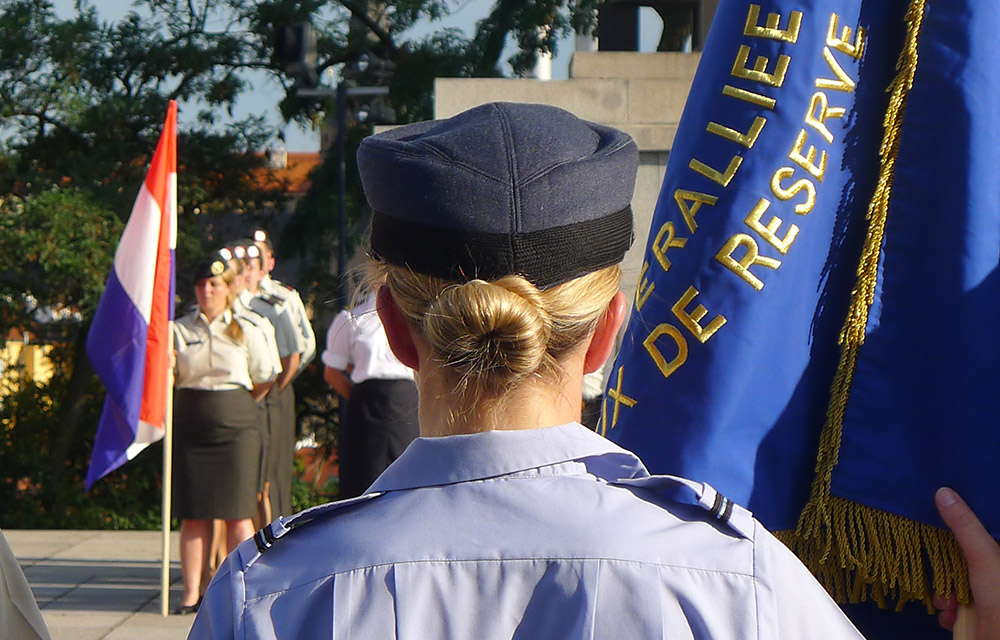
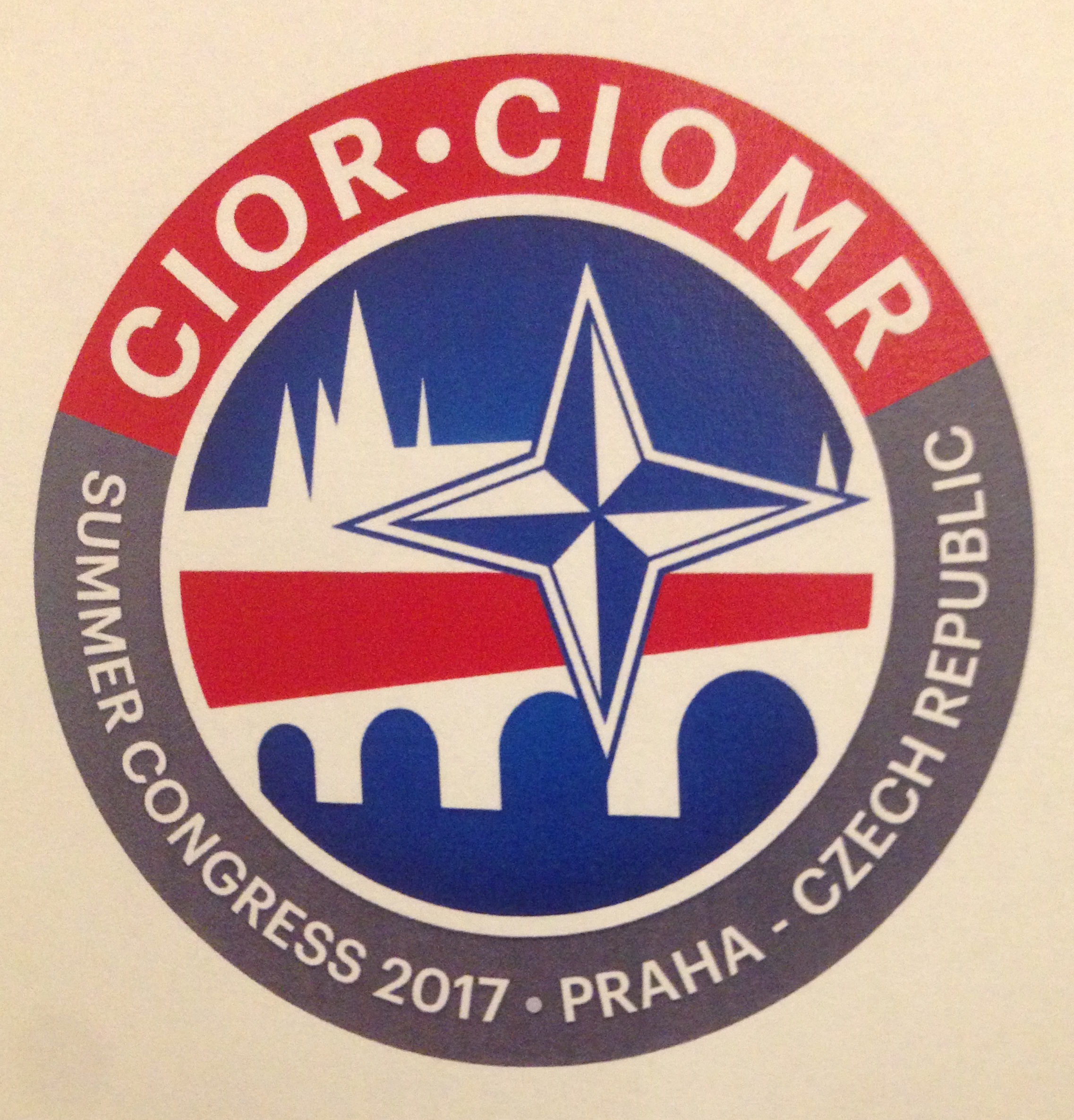
.jpg)
